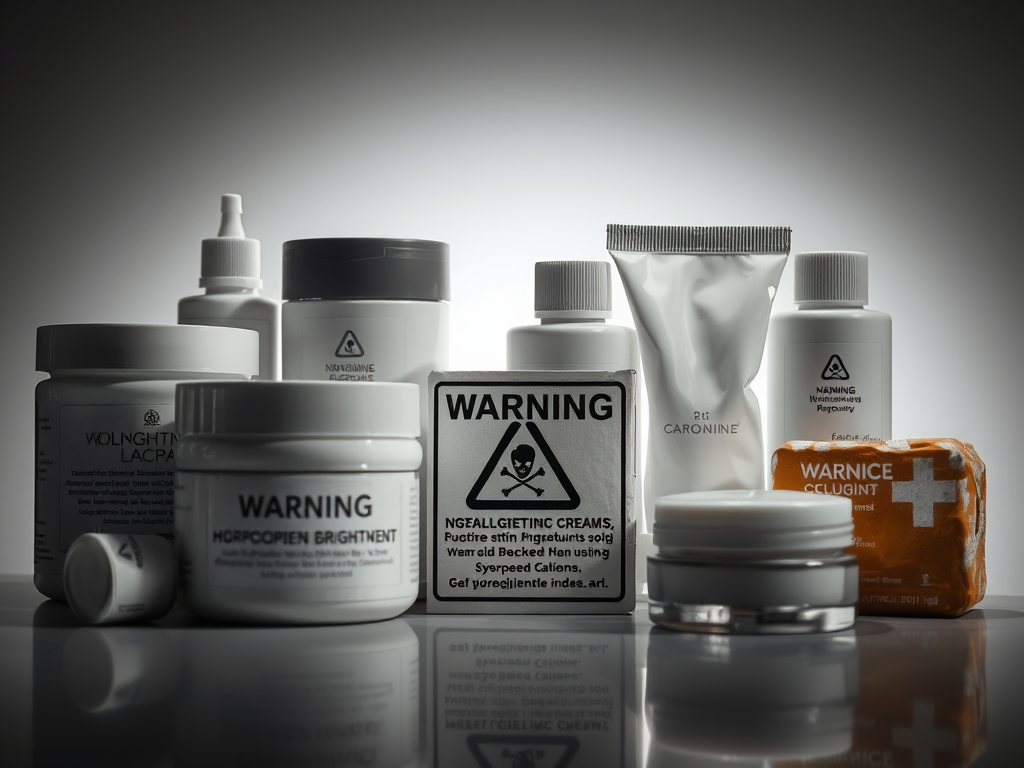By Deborah Bamisaye
Lupus is serious! It is a tricky troublemaker, sometimes playing hide-and-seek; other times throwing surprise parties of aches and exhaustion. It keeps its victims in prison and just when they think they’ve won, it pops up again, keeping them on their toes with its unpredictable mischiefs.
Lupus is a chronic autoimmune disease in which the body’s immune system mistakenly attacks healthy organs and tissues. This wrongful immune response causes inflammation and can damage various parts of the body, including the skin, joints, kidneys, heart, lungs, blood cells, and brain.
You see:
- Lupus symptoms vary widely among individuals and can range from mild to severe. Common symptoms include joint pain, fatigue, fever, skin rashes (often a butterfly-shaped rash across the cheeks and nose), hair loss, chest pain and swollen glands.
- There are several types of lupus, with the most common being systemic lupus erythematosus (SLE), which affects multiple organs.
- The disease can cause episodes of flare-ups (worsening symptoms) and remission (periods with few or no symptoms).
- Lupus is more common in women, especially between ages 15 and 45, and tends to be more severe and prevalent among people of African, Latin American, and Asian descent.
- The exact cause of lupus is unknown, but it is believed to result from a combination of genetic and environmental factors such as infections, sunlight, smoking, and hormone levels.
- There is no cure for lupus, but treatments are available to control symptoms, reduce flare-ups, and minimize organ damage, helping many people to lead normal lifespans.
As you can see from what you’ve read, effective management and treatment is crucial to improve quality of life for those affected.
Common Symptoms include:
- Joint pain and swelling
- Extreme Fatigue
- Skin rashes, especially butterfly-shaped rash on the face
- Sensitivity to sunlight
- Fever
- Hair loss
- Mouth sores
- Swollen glands
- Changes in finger or toe color due to cold or stress (Raynaud’s phenomenon)
- Possible organ involvement (kidneys, heart, lungs) causing additional symptoms
These symptoms can vary and flare unpredictably.
Types:
- Systemic Lupus Erythematosus (SLE): Affects multiple organs like kidneys, joints, skin, heart, and brain.
- Cutaneous Lupus: Limited to the skin with different forms like discoid lupus causing rashes and scarring.
- Drug-Induced Lupus: Triggered by certain medications and usually reversible when medication stops.
- Neonatal Lupus: A rare condition affecting newborns from mothers with lupus antibodies.
These types vary in severity and affected areas.
Doctors Submission:
Nigerian doctors emphasize several important points about lupus:
- Lupus diagnosis in this country is often delayed, sometimes taking over six months, which worsens outcomes.
- There is a shortage of rheumatologists, with fewer than 60 serving the entire country, leading to long waits and limited care access.
- Nigerian rheumatologists are highly dedicated and trusted, despite challenges with medication availability and healthcare infrastructure.
- Studies show lupus predominantly affects young women, with common symptoms including joint inflammation, skin rashes, and kidney involvement.
- Nigerian research is expanding knowledge on lupus patterns, with efforts like the Lupus Registry in Nigeria (LURIN) to improve disease tracking and management.
- Increased awareness and support networks are crucial to improve early diagnosis and treatment.
The question we should be asking now is what next? There are 2 more questions that might unravel the help affected Nigerians need:
Breaking Free? Possible?
- Lupus cannot be completely prevented since its exact causes are not fully known, but there are several measures that can reduce the risk of developing lupus or help prevent flare-ups in people diagnosed with the disease:
- Protect Your Skin from Sunlight and UV light: Limit exposure to direct sunlight, wear protective clothing like long sleeves, wide-brimmed hats, and sunglasses, and use broad-spectrum sunscreen with SPF 55 or higher. UV light is a common trigger for lupus flares.
- Avoid Smoking and Exposure to Secondhand Smoke: Smoking can increase the risk of lupus flares and worsen symptoms.
- Limit Exposure to Environmental Toxins: Reduce contact with silica dust and other harmful chemicals that may trigger lupus.
- Maintain a Healthy Diet: Eating a balanced diet rich in fruits, vegetables, whole grains, and lean protein supports overall health. Some studies suggest that foods like fatty fish and olive oil may help soothe inflammation.
- Manage Stress: Stress reduction techniques such as yoga, meditation, relaxation exercises, and maintaining a routine can help prevent flare-ups.
- Exercise Regularly: Moderate physical activity helps improve well-being and may decrease lupus symptoms.
- Vitamin D supplementation: Since people with lupus often have low vitamin D levels, supplements may help reduce inflammation and lupus activity.
- Regular medical checkups: Early detection and treatment of symptoms or complications can prevent severe disease progression.
- Avoid medications known to trigger drug-induced lupus: Inform your doctor about your lupus status so they can avoid prescribing drugs that may cause lupus-like symptoms.
While lupus itself is not fully preventable, these measures help reduce environmental triggers, improve immune system regulation, and minimize lupus flare-ups, thereby improving quality of life for people with or at risk for lupus. It is important to work closely with healthcare providers to tailor prevention and management strategies.
Prevention and Benefits of Vitamin D in Lupus:
Vitamin D helps regulate the immune system and may reduce lupus disease activity.
– Deficiency is common in lupus patients due to sun avoidance and medication effects.
– Supplementation can improve symptoms like fatigue and joint pain.
– Long-term vitamin D intake (at least 12 months) shows better results in disease control.
– It may reduce inflammation and the need for higher steroid doses.
– Regular screening for vitamin D levels is recommended for lupus patients.
– Foods rich in vitamin D and controlled sun exposure can support prevention efforts.
Now you know that these points highlight vitamin D as a low-cost, supportive approach in lupus management.
Behind the shadows of lupus’ gate lies a strength within you, waiting to be awakened. If this concerns you, remaining in the prison is not an option – embrace the courage to break free and step into a life full of great possibilities.





